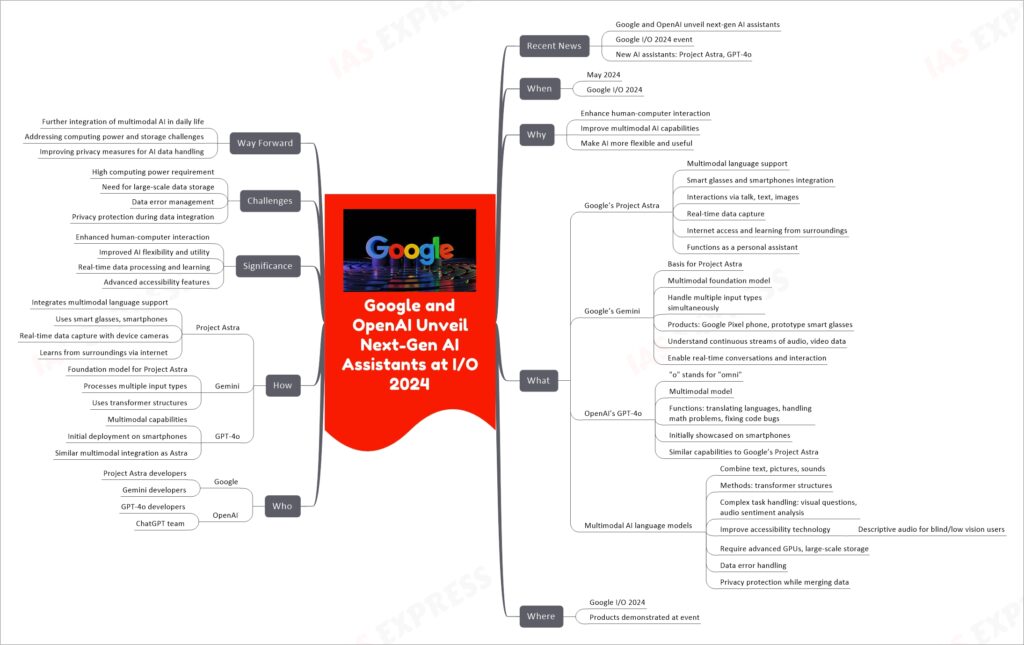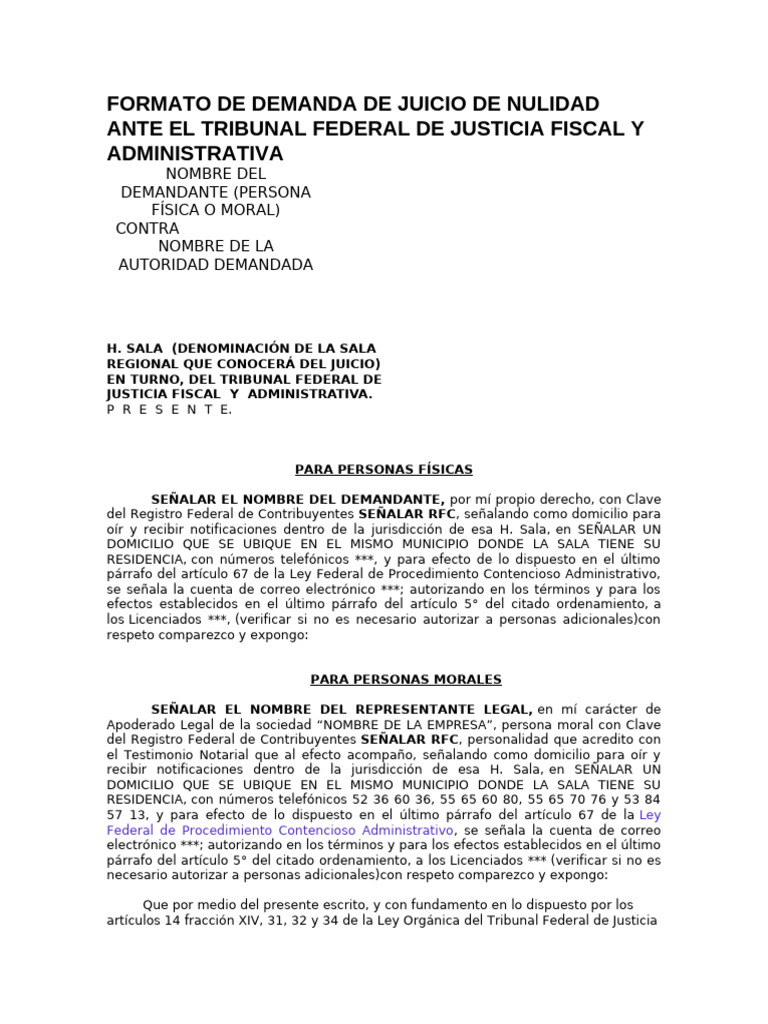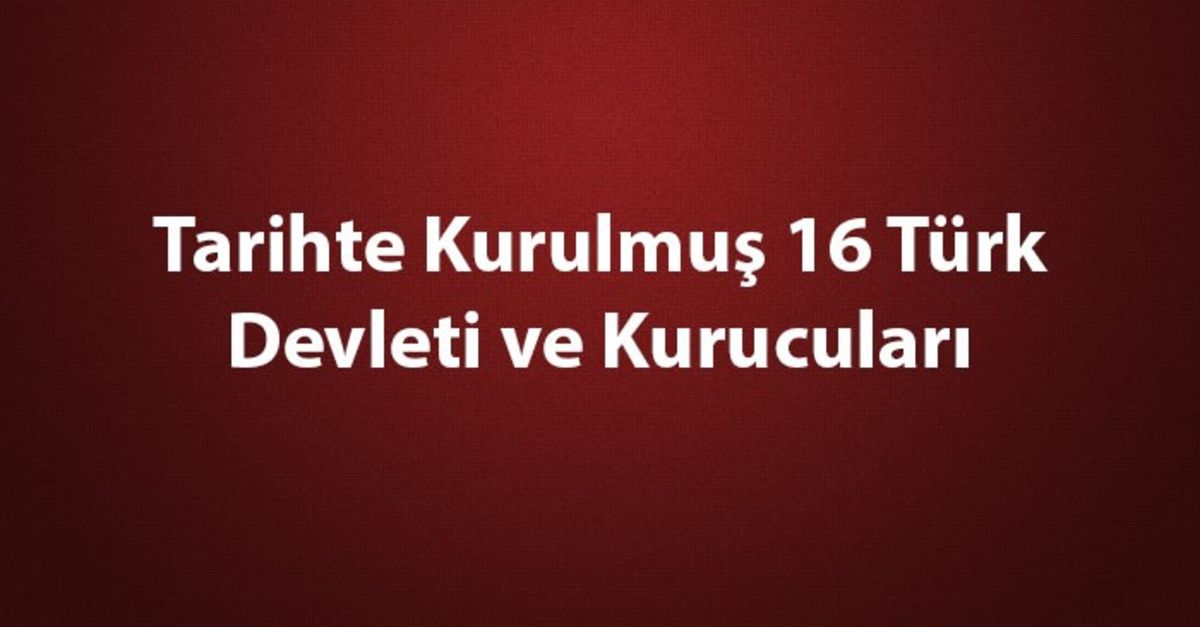Everything You Need To Know About Eurovision Voting

Table of Contents
The Two Pillars of Eurovision Voting: Juries and Televoting
Eurovision's voting system is built on two equally weighted pillars: national juries and televoting. Each contributes 50% to the final score, ensuring a balance between professional opinion and public preference. This dual system aims to provide a comprehensive and representative assessment of each performance.
The Role of National Juries
Each participating country assembles a national jury composed of five music professionals. These experts are carefully selected to ensure a diverse range of musical backgrounds and experiences, preventing bias and promoting a fair and professional assessment. Their identities remain anonymous until after the voting process to maintain impartiality and prevent external influence.
- Anonymity of jurors: This crucial aspect prevents lobbying and ensures independent judgments.
- Specific scoring criteria: Juries assess various aspects of each performance, including vocal ability, stage presence, artistic impression, composition, and overall performance quality.
- Prevention of conflicts of interest: Strict rules are in place to avoid any potential conflicts of interest, ensuring the integrity of the jury's scores.
Understanding Televoting
Televoting allows viewers in each participating country to vote for their favorite performances. Methods vary slightly by country, but typically involve phone calls, SMS text messages, or dedicated Eurovision apps. Strict rules are in place to prevent voting irregularities, such as limits on the number of votes per phone number or IP address.
- Regional variations in televoting methods: While the general principle remains consistent, the specific methods and platforms used for televoting might differ slightly from one country to another, adapting to local infrastructure and preferences.
- Security measures to prevent fraud: Robust security systems are employed to monitor and prevent fraudulent voting practices. This involves sophisticated technology to detect and block attempts at manipulation.
- The role of broadcasters: Each participating broadcaster is responsible for managing the televoting process in their respective country, ensuring its fairness and accuracy.
The Eurovision Points System: How the Scores are Awarded and Calculated
The points awarded in Eurovision follow a specific system. Each national jury and the televoting results from each country separately award points to the top ten performances: 12 points for their favorite, 10 for their second favorite, and then 8, 7, 6, 5, 4, 3, 2, and 1 point for the remaining eight. These points are then tallied for each song across all participating countries.
- The order of announcement of points: Spokespersons from each country announce their scores, generally starting from the country awarding the lowest points and culminating in the announcement of the highest score.
- The role of the spokespersons: Each country sends a spokesperson, often a celebrity or a broadcaster, to announce the points awarded by their jury and televoters.
- Dramatic tension and suspense: The points reveal is often a dramatic moment, full of suspense and anticipation, as the scores are added and the rankings shift.
Dealing with "Null Points"
It's possible for a country to receive zero points from both the juries and televoting. While uncommon, it doesn't carry any particular penalty beyond not receiving any points in that particular Eurovision year. It serves as a reflection of the performance's reception among both professionals and the public.
Controversy and Fairness in Eurovision Voting
The Eurovision voting system is not without its criticisms. Accusations of "political voting" (neighboring countries voting for each other regardless of performance quality) and bloc voting (groups of countries consistently voting for each other) occasionally surface.
- Examples of past controversies: Certain voting patterns throughout Eurovision history have sparked debate and raised concerns about the fairness of the system.
- EBU rules and regulations: The European Broadcasting Union (EBU) has rules in place to prevent manipulation and promote fairness. These include scrutiny of voting patterns and investigation into any suspicious activities.
- Ongoing discussions and potential reforms: The EBU continuously reviews and refines its voting procedures to address concerns and enhance fairness. The voting system undergoes periodic adjustments to ensure it adapts to the evolving landscape of the contest.
The Evolution of Eurovision Voting
Eurovision voting has undergone significant changes throughout its history. The introduction of televoting revolutionized the process, giving viewers a more direct voice. Technological advancements have also influenced the voting system, from postcard-based voting to the modern, secure digital systems.
- Changes in the points system over the years: The system of awarding points has seen several modifications throughout the years, evolving to maintain fairness and excitement.
- Introduction of televoting and its impact: Televoting dramatically changed the dynamic, making the contest more interactive and reflective of audience preferences.
- Future potential adjustments: The EBU constantly evaluates the voting system to enhance its transparency, prevent manipulation, and remain relevant to the ever-changing technological landscape.
Conclusion
This comprehensive guide has explored the intricacies of Eurovision voting, from the dual system of juries and televoting to the points awarding process and its ongoing evolution. Understanding these mechanics enhances the viewing experience and allows you to appreciate the complex dynamics that shape this iconic competition. So, next time you watch Eurovision, you’ll have a deeper understanding of how those crucial points are awarded! Get ready to engage fully with the excitement of Eurovision voting!

Featured Posts
-
 Develop Voice Assistants With Open Ais New Tools 2024
May 19, 2025
Develop Voice Assistants With Open Ais New Tools 2024
May 19, 2025 -
 U S Allies Face Continued Tariff Challenges Following China Agreement
May 19, 2025
U S Allies Face Continued Tariff Challenges Following China Agreement
May 19, 2025 -
 18 Reclamos De Nulidad En Las Primarias 2025 Analisis Del Cne
May 19, 2025
18 Reclamos De Nulidad En Las Primarias 2025 Analisis Del Cne
May 19, 2025 -
 Kktc Ye 12 Milyon Avro Tuerk Devletleri Destegi Ve Ekonomik Etkileri
May 19, 2025
Kktc Ye 12 Milyon Avro Tuerk Devletleri Destegi Ve Ekonomik Etkileri
May 19, 2025 -
 Lyon Club Statement Sanctions Imposed On Paulo Fonseca
May 19, 2025
Lyon Club Statement Sanctions Imposed On Paulo Fonseca
May 19, 2025
